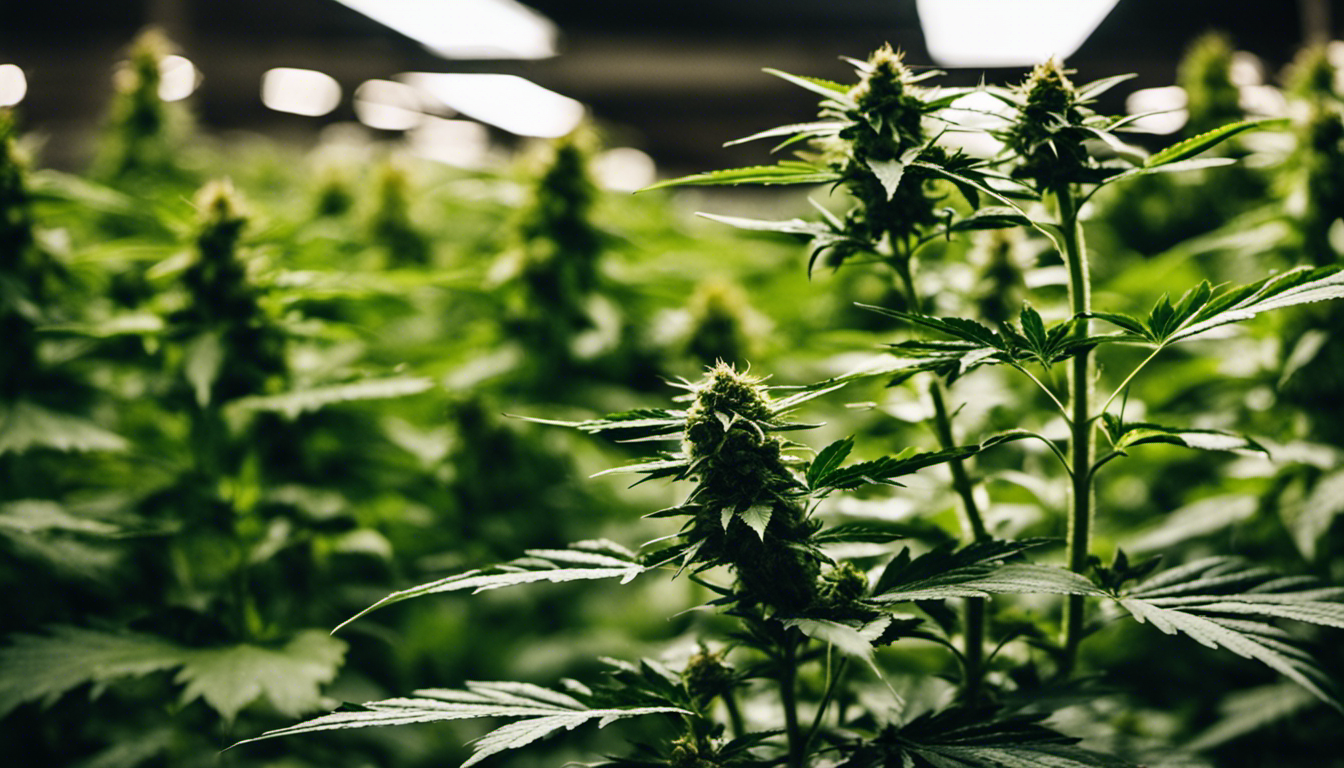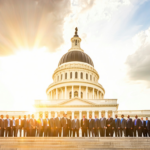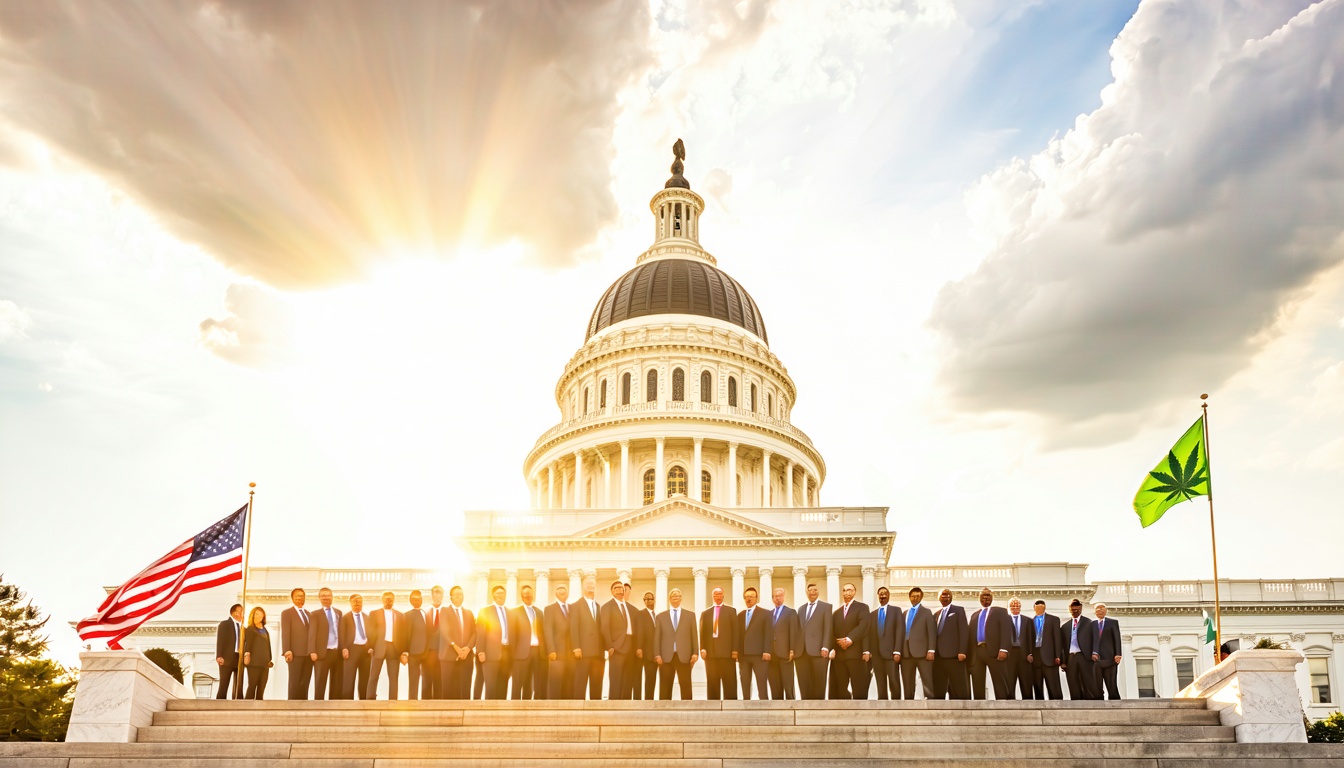New Evidence Reveals DEA’s Opposition to Marijuana Rescheduling, Advocacy Groups Say
Cannabis companies and advocacy groups are calling for the Drug Enforcement Administration (DEA) to be removed from the marijuana rescheduling process, citing new evidence that suggests the agency opposes the proposed rule change. The DEA is currently defending the proposed rule to move marijuana from Schedule I to Schedule III of the Controlled Substances Act (CSA).
In a motion filed with the DEA administrative law judge (ALJ), Village Farms International and Hemp for Victory claim that a DEA official’s recent declaration reveals the agency’s opposition to the rescheduling proposal. The declaration, submitted last week, questioned the basis of the reclassification proposal by echoing “anti-rescheduling talking points” and stating that marijuana has a high abuse potential and no currently accepted medical use.
The cannabis groups also argue that the DEA’s analysis was based on a legal test that was previously rejected by the Justice Department’s Office of Legal Counsel (OLC). They claim that the agency’s “defiance of OLC’s binding opinion is stunning proof of its open hostility to the Proposed Rule.”
Additionally, the motion alleges that the DEA has engaged in improper communications with other opponents of the reform, including the Tennessee Bureau of Investigation. The agency has also failed to disclose nearly 100 requests to participate in the upcoming hearings, as well as communication and coordination with at least one anti-rescheduling DP, the state of Nebraska.
The cannabis groups are calling for an immediate special evidentiary hearing into the nature, extent, source, and effect of all ex parte communications. They argue that this is necessary to ensure fairness and transparency in the process and to salvage the public legitimacy of the proceedings.
The DEA ALJ, John Mulrooney, previously rejected the cannabis groups’ request to remove the agency as the proponent of the rescheduling rule, but did seem to put weight into separate allegations that it engaged in unlawful communication with another DP, the prohibitionist group Smart Approaches to Marijuana (SAM).
The rescheduling proceedings have generated significant public interest, with the proposed rule change potentially freeing up licensed cannabis businesses to take federal tax deductions and removing certain research barriers. The DEA’s opposition to the reform has been met with criticism from cannabis advocates and industry professionals, who argue that the agency’s actions are undermining the process and stalling the progress of cannabis reform.












